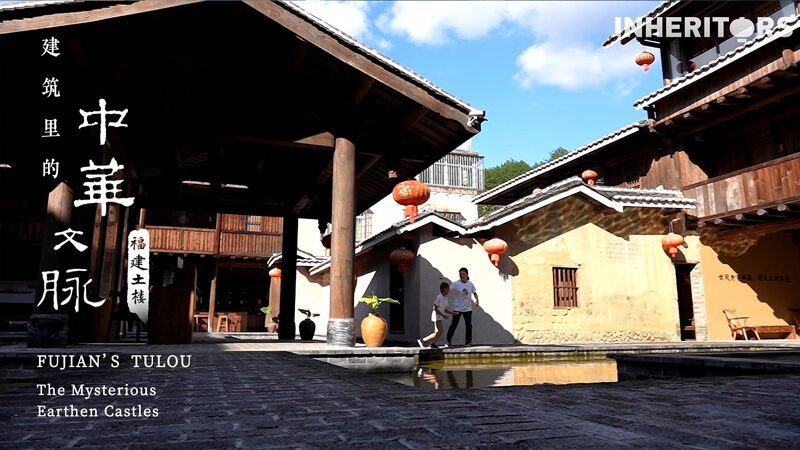A Shared Legacy of Adaptation
From the misty highlands of China's southern provinces to Cambodia's lush plains, elevated wooden dwellings known as stilt houses have shaped lives for centuries. These architectural marvels, built by communities including the Dong and Dai ethnic groups in the Chinese mainland and Khmer villages in Cambodia, reveal striking similarities despite geographical separation.
Nature-Inspired Design
Both regions' structures feature raised floors to combat flooding, promote airflow, and deter pests – critical solutions in tropical and subtropical climates. Roof overhangs provide shade, while open layouts foster community interaction. Local materials like bamboo and hardwood demonstrate sustainable practices long before modern environmental movements.
Cultural Threads Woven in Timber
Beyond practicality, these houses embody spiritual beliefs. In China's Yunnan province, Dong communities align homes with mountain contours to honor natural harmony. Cambodian designs incorporate symbolic carvings reflecting Hindu-Buddhist traditions. The parallel approaches highlight how different cultures developed comparable responses to shared human needs.
Modern Lessons from Timeless Architecture
As urban planners seek climate-resilient solutions, these ancient techniques gain renewed relevance. Researchers note that stilt house principles – passive cooling, flood mitigation, and community-centered spaces – offer valuable insights for contemporary sustainable design.
Reference(s):
cgtn.com








